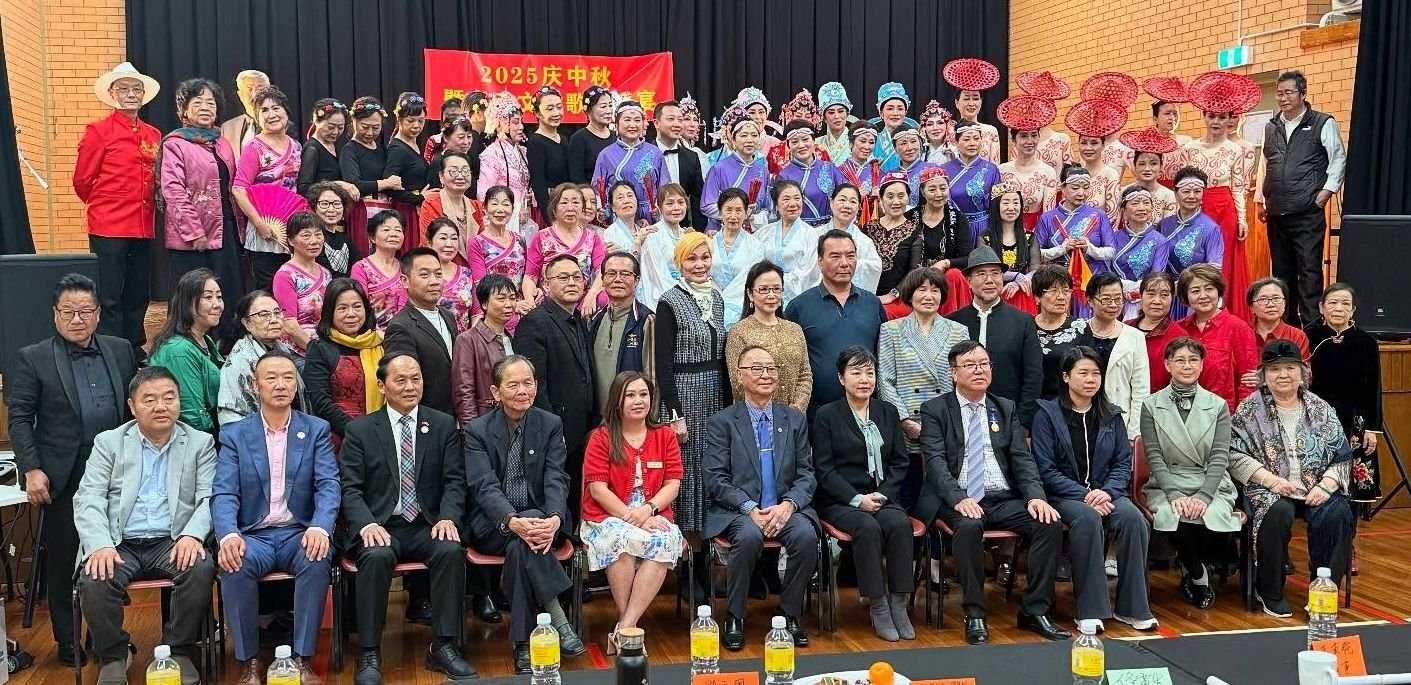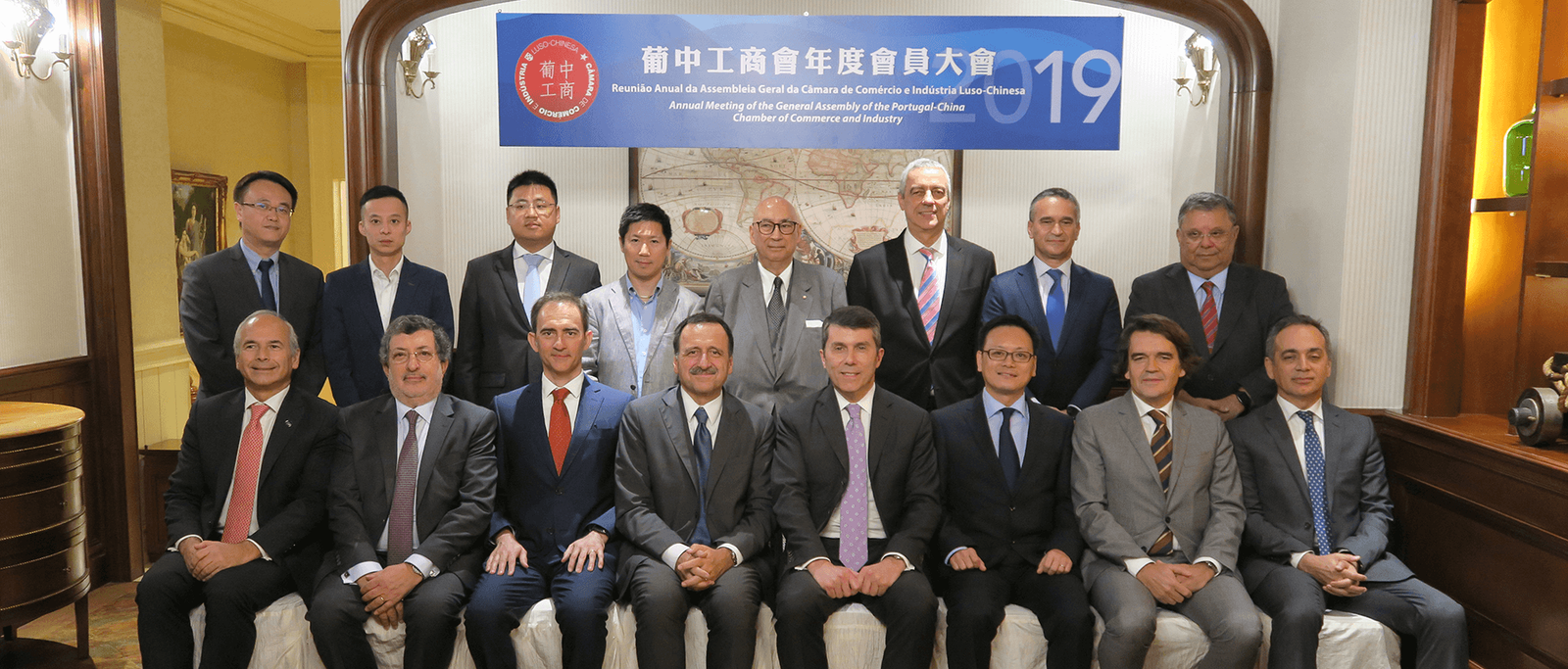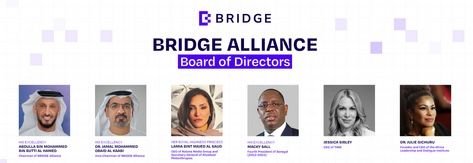Ghana–China Friendship Association
The Ghana–China Friendship Association (加納—中國友好協會), or GHACHIFA, was incorporated on October 8, 1999, to facilitate non-state cooperation between Accra and Beijing — though its digital presence suggests an ad hoc operation. The association’s official website is registered to the police commissioner in the city of Tema, in the region of Greater Accra, and retains default “Consulting WP” WordPress theme filler on its “About” section. GHACHIFA’s founding directors include former Ambassador to China H.E. Kojo Amoo-Gottfried, Chinese business executive Jun Tak Hu, and Messrs. John Emmanuel Kwamina Moses, William Yiji Chobblah, and Nana Akua Busia — the latter four of whom seem to appear online only in the context of the association itself. The association serves as a platform for cultural and media engagements that align with Chinese diplomatic objectives. GHACHIFA promotes “friendship” (友好), a term that in CCP official discourse generally entails the accommodating of China’s interests in relationships. By hosting events for embassy officials and local stakeholders, the organization helps integrate Beijing’s strategic narratives, such as Belt and Road initiatives, into Ghanaian civil society and media circles. The Tema police commissioner associated with the GHACHIFA website registration, Christian Tetteh Yohuno, met with China’s ambassador to China in July 2025 to discuss joint police operations to safeguard “the safety and interests of Chinese citizens and enterprises.” Under the Belt and Road Initiative, China has invested in the expansion of the Tema Port, and Chinese tech companies such as Huawei, Tecno Mobile and StarTimes (a Chinese-run broadcast media company) have set up in the area.









